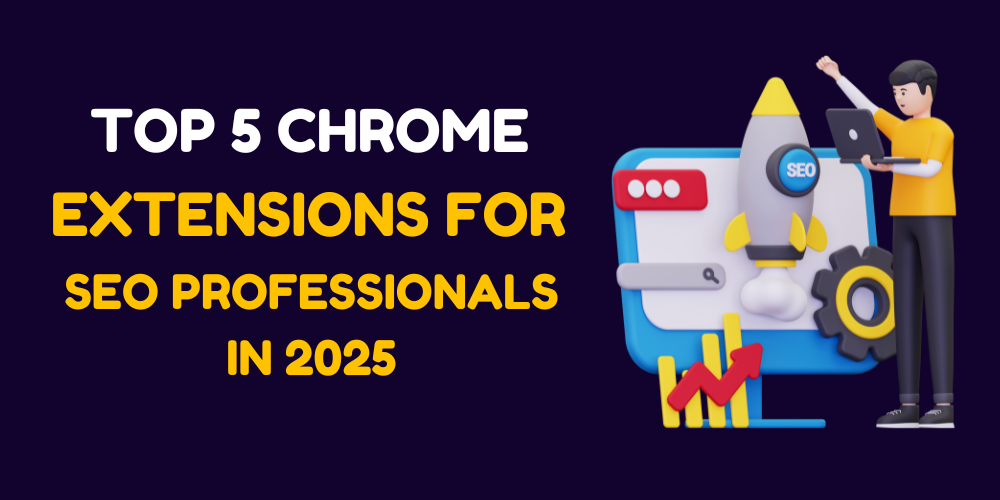Blog Content: Off-Page SEO Strategies for E-commerce Websites
In the competitive world of e-commerce, having a well-optimized website is only half the battle. While on-page SEO ensures your site is technically sound and user-friendly, off-page SEO is what helps you build authority, credibility, and visibility in the eyes of search engines. Off-page SEO focuses on activities outside your website that impact your rankings, such as link building, social signals, and brand mentions. For e-commerce websites, mastering off-page SEO is crucial to stand out in a crowded marketplace. In this blog, we’ll explore proven off-page SEO strategies to help your e-commerce site rank higher, drive more traffic, and boost sales.
1. Build High-Quality Backlinks
Backlinks are one of the most critical factors in off-page SEO. They act as votes of confidence from other websites, signaling to search engines that your content is valuable and trustworthy. For e-commerce websites, acquiring high-quality backlinks can be challenging but not impossible. Here’s how to do it:
- Guest Blogging: Write informative guest posts for reputable blogs in your niche. Include links back to your product pages or blog content.
- Broken Link Building: Find broken links on relevant websites and suggest your content as a replacement.
- Outreach to Influencers: Collaborate with influencers or bloggers who can link to your products in their content.
- Create Link-Worthy Content: Develop guides, infographics, or case studies that others in your industry will want to link to.
2. Leverage Social Media for Brand Visibility
Social media platforms are powerful tools for off-page SEO. While social signals (likes, shares, comments) don’t directly impact rankings, they increase your brand’s visibility and drive traffic to your site. Here’s how to use social media effectively:
- Share Engaging Content: Post product updates, promotions, and valuable content that encourages users to visit your website.
- Engage with Your Audience: Respond to comments, messages, and reviews to build a loyal community.
- Collaborate with Influencers: Partner with social media influencers to promote your products and reach a wider audience.
- Use Hashtags Strategically: Research and use relevant hashtags to increase the reach of your posts.
3. Encourage Customer Reviews and Testimonials
Customer reviews and testimonials are a goldmine for off-page SEO. They not only build trust with potential customers but also contribute to your local SEO efforts. Here’s how to leverage them:
- Ask for Reviews: Encourage satisfied customers to leave reviews on platforms like Google My Business, Yelp, and Trustpilot.
- Showcase Testimonials: Display customer testimonials on your website and social media channels.
- Respond to Reviews: Engage with both positive and negative reviews to show that you value customer feedback.
4. Harness the Power of Influencer Marketing
Influencer marketing is a powerful off-page SEO strategy for e-commerce websites. By partnering with influencers, you can tap into their audience and gain valuable backlinks and brand mentions. Here’s how to get started:
- Identify Relevant Influencers: Look for influencers in your niche who align with your brand values.
- Collaborate on Content: Work with influencers to create product reviews, unboxing videos, or sponsored posts.
- Track Results: Monitor the performance of your influencer campaigns to ensure they’re driving traffic and improving your SEO.
5. Submit Your Website to Online Directories
Online directories are a simple yet effective way to build backlinks and improve your local SEO. Make sure your e-commerce website is listed in relevant directories, such as:
- Google My Business: Essential for local SEO and visibility in Google Maps.
- Industry-Specific Directories: Look for directories related to your niche.
- Local Business Listings: Ensure your business is listed on platforms like Yelp, Yellow Pages, and Bing Places.
6. Engage in Forum Marketing and Q&A Sites
Forums and Q&A sites like Reddit, Quora, and industry-specific forums are excellent platforms for building authority and driving traffic. Here’s how to use them:
- Answer Questions: Provide helpful answers to questions related to your products or industry.
- Include Links: When relevant, include links to your product pages or blog posts.
- Build Relationships: Engage with other users and establish yourself as an expert in your field.
7. Create Shareable Visual Content
Visual content like infographics, videos, and images is highly shareable and can generate valuable backlinks. For e-commerce websites, visual content can showcase your products in action and attract more attention. Here’s how to create shareable content:
- Design Infographics: Create visually appealing infographics that provide valuable information related to your industry.
- Produce Product Videos: Showcase your products through demo videos, tutorials, or customer testimonials.
- Optimize for SEO: Use descriptive file names, alt text, and captions to make your visual content search-engine friendly.
8. Collaborate with Other Brands
Collaborating with complementary brands can help you reach new audiences and build backlinks. Here are some collaboration ideas:
- Co-Branded Products: Partner with another brand to create a co-branded product.
- Joint Giveaways: Host a giveaway with another brand to attract more participants.
- Cross-Promotions: Promote each other’s products on social media or through email marketing.
9. Monitor Your Brand Mentions
Brand mentions are a valuable off-page SEO factor. When other websites mention your brand without linking to it, you can turn those mentions into backlinks. Here’s how to monitor and leverage brand mentions:
- Use Tools: Use tools like Google Alerts, Ahrefs, or Mention to track brand mentions.
- Reach Out: Contact websites that mention your brand and ask them to add a link to your site.
- Build Relationships: Foster relationships with websites that frequently mention your brand.
10. Focus on Local SEO
For e-commerce businesses with a physical presence, local SEO is a must. Even if you operate entirely online, local SEO can help you target specific regions. Here’s how to optimize for local SEO:
- Optimize Google My Business: Ensure your profile is complete and up-to-date.
- Target Local Keywords: Use location-based keywords in your content and meta tags.
- Get Local Backlinks: Build backlinks from local websites, such as newspapers, blogs, or business directories.
Off-page SEO is a critical component of any e-commerce SEO strategy. By building high-quality backlinks, leveraging social media, encouraging customer reviews, and collaborating with influencers, you can improve your website’s authority and visibility. Remember, off-page SEO is a long-term effort, so be patient and consistent with your strategies. Implement these tactics, and watch your e-commerce website climb the search engine rankings, attract more traffic, and ultimately boost sales.




